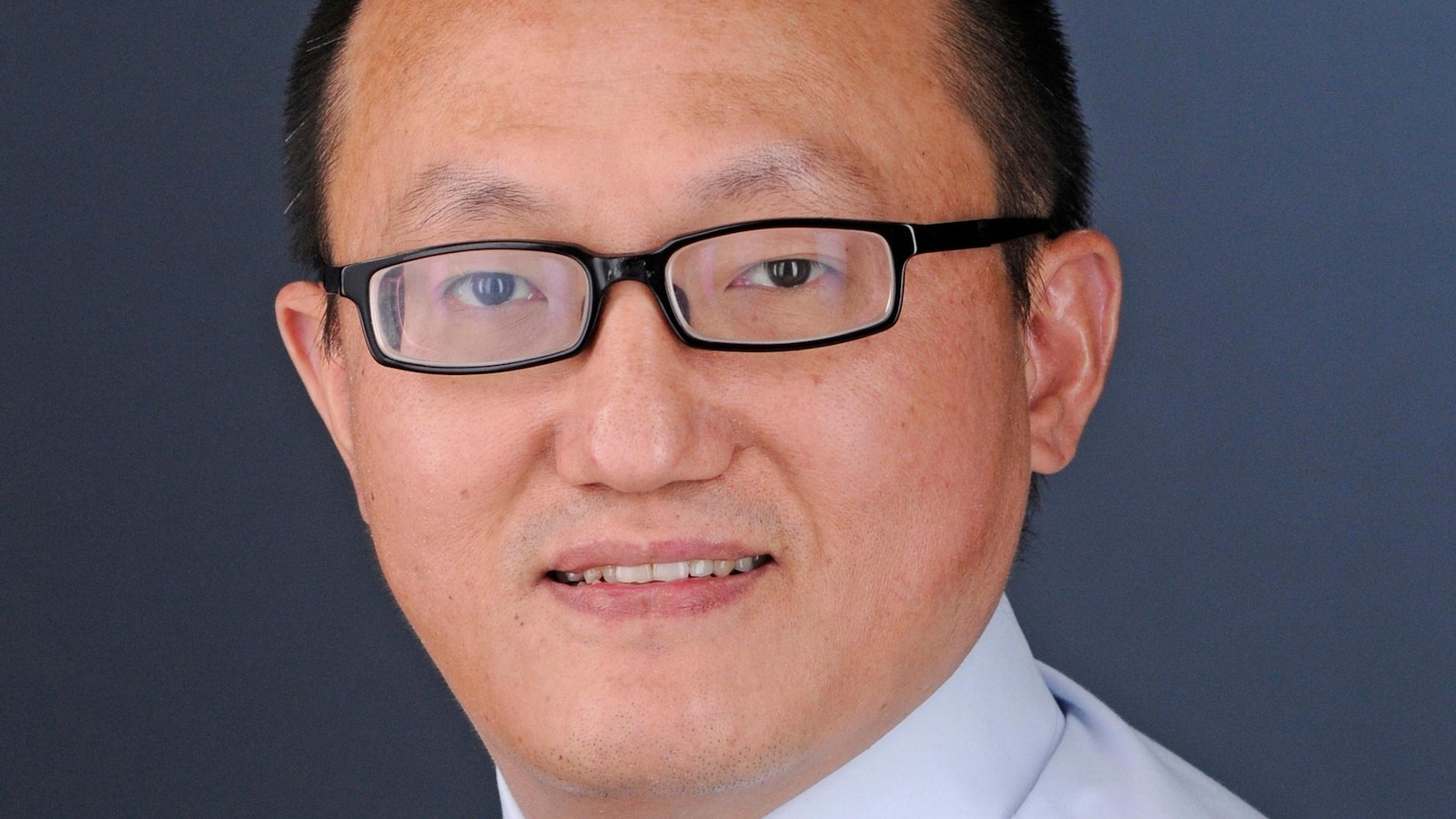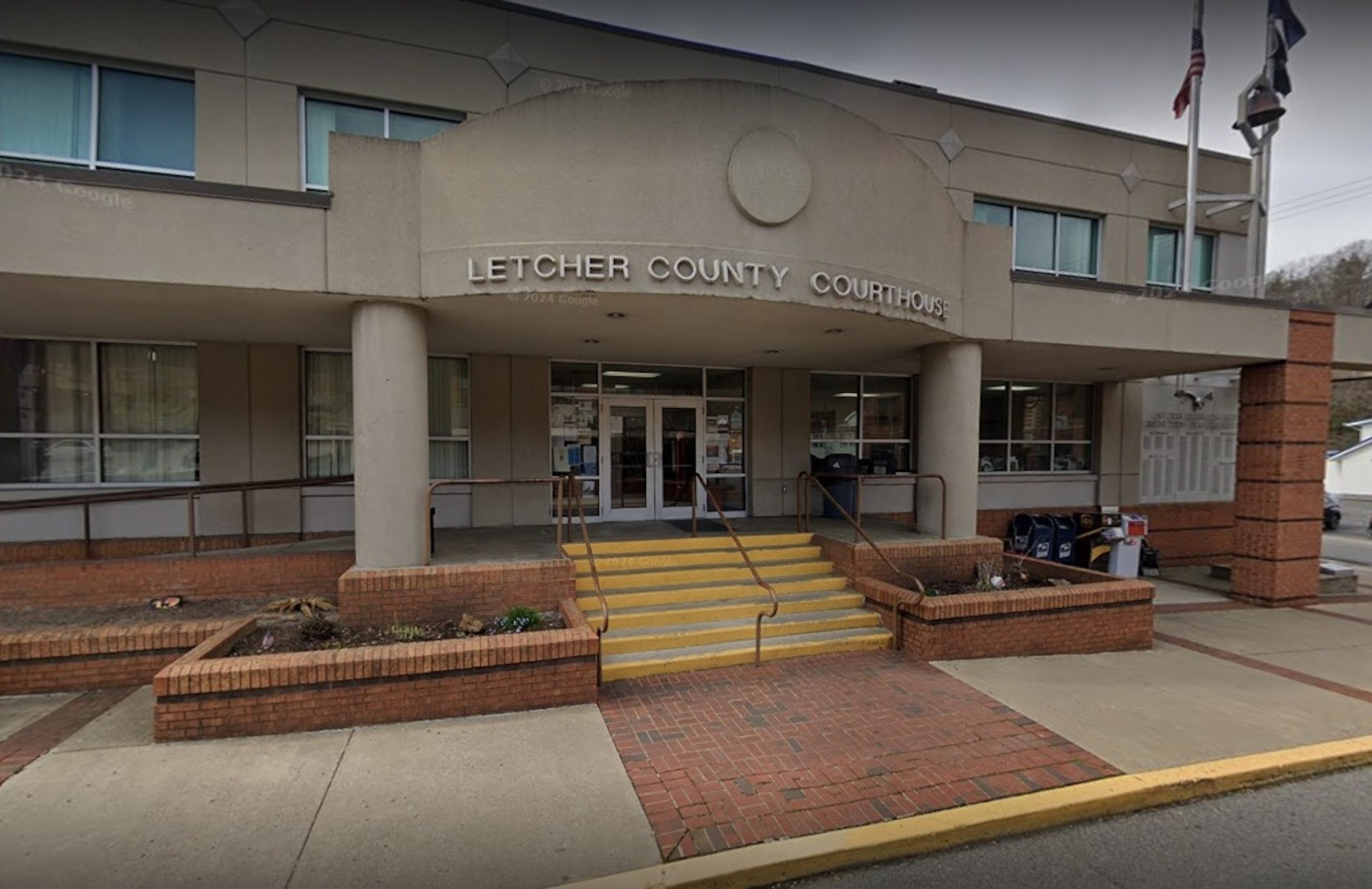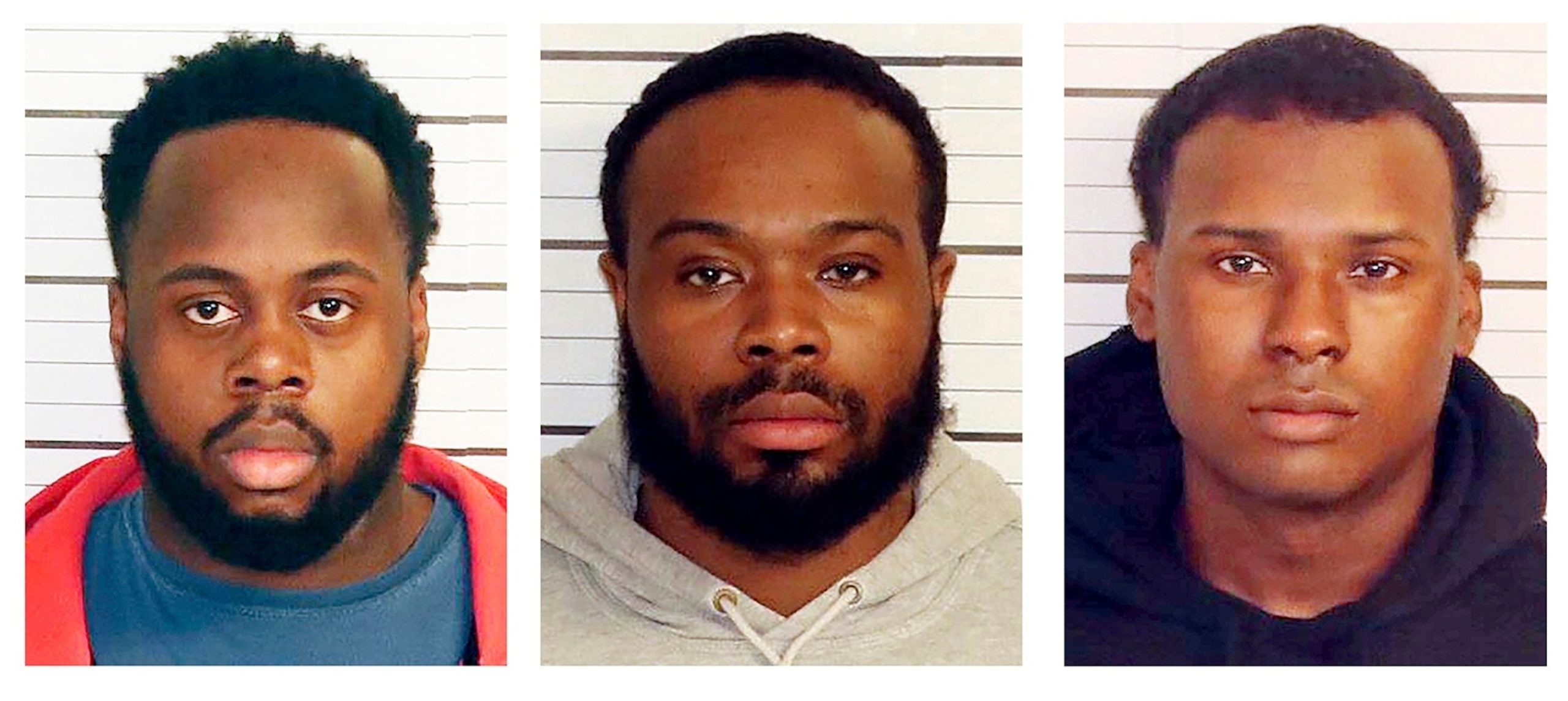
A federal appeals court has reversed the conviction of a researcher who was accused of hiding work he did in China while employed at the University of Kansas.
Feng “Franklin” Tao was convicted in April 2022 of three counts of wire fraud and one count of making a materially false statement. U.S. District Judge Julie Robinson threw out the wire fraud convictions a few months later but let the false statement conviction stand. She later sentenced him to time served.
But the 10th U.S. Circuit Court of Appeals in Kansas City, Missouri, on Thursday ruled that the government failed to provide sufficient evidence that Tao’s failure to disclose his potential conflict of interest actually mattered, and it directed the lower court to acquit him of that sole remaining count.
The case against Tao was part of the Trump administration’s China Initiative, which started in 2018 to thwart what the Justice Department said was the transfer of original ideas and intellectual property from U.S. universities to the Chinese government. The department ended the program amid public criticism and several failed prosecutions.
Tao was a tenured professor in the chemistry and petroleum engineering departments at the University of Kansas from 2014 until his arrest in 2019. The appeals court noted that while it began as an espionage case, the FBI found no evidence of espionage in the end.
But the professor was accused of failing to disclose when filling out an annual “institutional responsibilities form,” under the school’s conflict-of-interest policy, that he had been traveling to China to work on setting up a laboratory and to recruit staff for Fuzhou University, where he hoped to land a prestigious position. Federal prosecutors argued that Tao’s activities defrauded the University of Kansas, as well as the U.S. Department of Energy and National Science Foundation, which had awarded Tao grants for research projects at Kansas.
Tao’s attorneys argued in their appeal that the case against Tao was a “breathtaking instance of prosecutorial overreach” that sought to turn a human resources issue at the university into a federal crime.
In a 2-1 ruling, the majority said there was insufficient evidence for the jury to have found that Tao’s failure to disclose his relationship with the Chinese university affected any decisions by the Energy Department or Science Foundation regarding his research grants, and therefore it did not count as a “materially” false statement.
Appeals Judge Mary Beck Briscoe dissented, saying Tao’s failure to disclose his time commitments related to his potential position at Fuzhou University, was in fact, material to both agencies because they would have wanted to know in their roles as stewards of taxpayers’ money who are responsible for ensuring the trustworthiness of research results.
A Kansas researcher’s last conviction has been voided by a court in a case stemming from a Chinese espionage probe. This decision has raised questions about the handling of cases involving allegations of espionage and the impact on individuals’ lives.
The researcher, Feng “Franklin” Tao, was a professor at the University of Kansas who was accused of sharing sensitive information with China while conducting research on semiconductors. In 2019, he was convicted of wire fraud and faced up to 20 years in prison. However, the conviction was overturned by the 10th U.S. Circuit Court of Appeals, which ruled that the government had failed to prove Tao’s intent to defraud.
This ruling has sparked debate about the government’s approach to cases involving allegations of espionage, particularly in the context of U.S.-China relations. Critics argue that the government’s aggressive pursuit of individuals suspected of espionage can lead to wrongful convictions and damage relationships with other countries.
Tao’s case is just one example of the challenges faced by researchers and academics who collaborate with colleagues in other countries. The increasing scrutiny of foreign collaborations has raised concerns about academic freedom and the ability of researchers to conduct their work without fear of being targeted by law enforcement.
In response to these concerns, some universities have implemented stricter guidelines for international collaborations and increased oversight of research activities. However, critics argue that these measures can have a chilling effect on scientific progress and collaboration.
The voiding of Tao’s conviction highlights the need for a more nuanced approach to cases involving allegations of espionage. It is important for law enforcement agencies to thoroughly investigate allegations of wrongdoing and ensure that individuals are afforded due process rights. At the same time, it is crucial to protect academic freedom and promote international collaboration in scientific research.
As the U.S. continues to navigate complex relationships with countries like China, it is essential to strike a balance between national security concerns and the rights of individuals accused of espionage. The voiding of Feng Tao’s conviction serves as a reminder of the importance of upholding these principles in the pursuit of justice.


